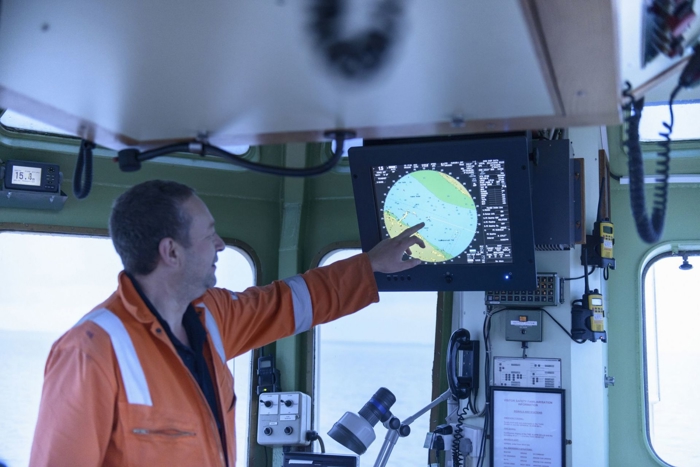As the industry grapples with the explosion of digitalisation and automation, alarm management onboard ships is increasingly becoming a pressing concern. In recent years, the sheer number of alarms on ships has skyrocketed, leading to operational challenges, particularly in the wellbeing and efficiency of crew members.
According to LR’s recent report, there has been a staggering 197% increase in the number of alarms on ships over the past two decades —sometimes occurring as frequently as 74 per hour on a ship's bridge during critical navigation periods, such as traversing coastal waters. This deluge of alerts becomes overwhelming, where crew members struggle to differentiate between critical alarms and routine ones.

Alarm overload is not only limited to the ship's bridge. In engine rooms, the problem is even more pronounced. Some vessels report over 2,500 machinery alarms per day, with peak days seeing over 22,000 alarms. This constant barrage of alarms not only hampers decision-making but also affects crew morale and their ability to focus, which could contribute to major safety incidents.
As the LR report reveals, the current alarm culture on ships often places an unbearable strain on the crew, particularly watchkeepers. Alarm fatigue sets in, causing officers and engineers to ignore, mute, or delay responses to critical alarms. The report highlights a major concern with less than a third of the alarms requiring any positive action by the crew. As a result, crew members find themselves overwhelmed by alarms that offer little value yet consume their attention and focus.
Seafarers report that they often find themselves acknowledging alarms without understanding or addressing the root causes, simply because they don't have the time or capacity to process every notification. In addition, crew members often feel forced to “hack” their systems to reduce the number of nuisance alarms.
The excessive number of alarms can desensitise officers to alerts, leading to slower response times, poor decision-making, and, in some cases, missed critical warnings. In high-pressure situations, such as navigating through busy shipping lanes or managing mechanical failures, alarm flooding can become a significant distraction.
In many cases, the officers rely on their visual cues, rather than the alarm systems, to maintain navigational awareness. For instance, during a voyage from the Mediterranean Sea into the Atlantic Ocean through the Strait of Gibraltar, officers onboard one vessel reported abandoning the use of alarms entirely due to the sheer volume of notifications, relying instead on external visual references.
A critical first step is rationalising alarm systems. This process involves reviewing every alarm to ensure that it has a clear purpose, a defined response, and enough time for the operator to carry out that response. Rationalisation is essential for ensuring that the alarms which remain are truly useful and contribute to safety. This approach is widely used in adjacent industries like aviation and chemical processing, where alarm management has been a focus for years.

Furthermore, continuous monitoring of alarm performance is necessary to ensure that systems remain efficient and functional over time. According to the report, alarm logs can provide valuable insights into systemic issues and the operational conditions on ships. Monitoring this data allows shipowners to identify problematic alarms and address their root causes, leading to immediate improvements in both crew experience and vessel safety.
Addressing alarm fatigue and improving crew wellbeing should be priorities as the maritime industry continues its digital transformation. Quantifiable and objective design constraints must be developed to ensure that alarm systems are not only effective but also manageable for the people operating them. This can only be achieved through close collaboration between all stakeholders in the industry. By prioritising human-centered design, the maritime industry can create alarm systems that enhance safety, improve decision-making, and support the overall well-being of crew members. It is time to move beyond reactive alarm systems and towards a more rational, data-driven approach that ensures the safety of both ships and the people who operate them







